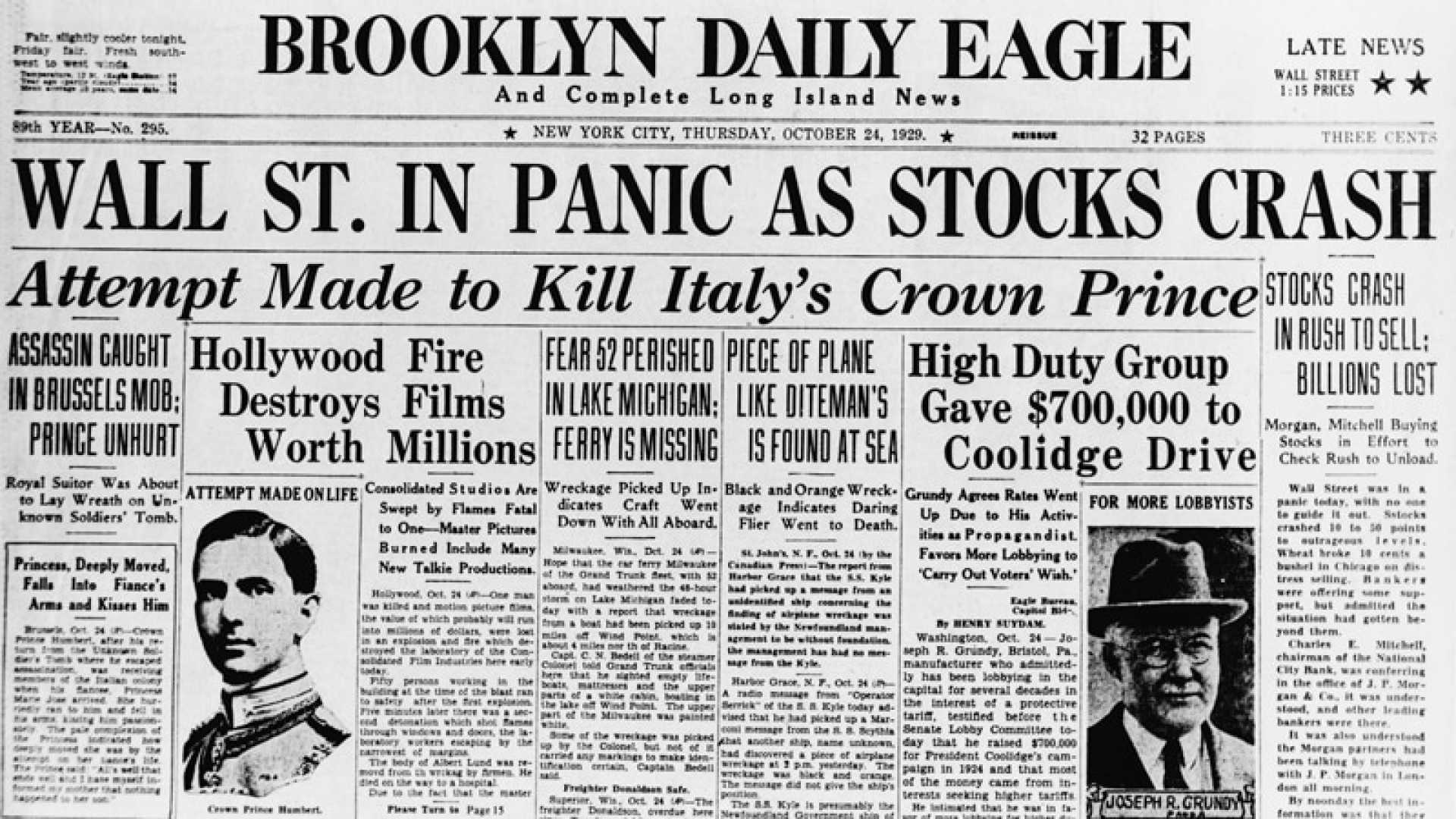Business
Stocks Fall as Investors Anticipate Economic Data Release

NEW YORK, NY — Major U.S. stock indexes closed lower on Monday, surrendering some of their recent gains as investors prepared for crucial economic data set to be released this week. The S&P 500 and Nasdaq Composite each fell 0.3%, while the Dow Jones Industrial Average dipped 0.5%.
Leading into Monday, the Nasdaq had reached an all-time intraday high with strong performances last week, as it recovered from earlier declines. Despite today’s losses, the S&P 500 remains only 0.3% short of its first closing high since late July.
Investors are closely monitoring economic indicators, particularly reports on wholesale inflation and consumer prices expected on Tuesday and Thursday. “We’re looking for signs of how tariffs are affecting prices,” noted an analyst at Wells Fargo.
The technology sector was notably affected, with shares of chip manufacturers Nvidia and Advanced Micro Devices (AMD) dropping around 0.3% after news that they would pay 15% of revenues from certain chip sales in China for export licenses. AMD shares fluctuated, closing 0.3% lower after a day largely spent in positive territory.
Other major tech stocks followed suit, with Apple shares falling 0.8%, while Microsoft, Alphabet, Amazon, Meta Platforms, and Broadcom each declined by less than 1%. In contrast, Tesla saw a rise of nearly 3%.
Positive news came from Intel, whose shares surged about 4% following the announcement that CEO Lip-Bu Tan would meet with the White House. The visit is perceived as an attempt to alleviate concerns over the company’s leadership.
In cryptocurrency, shares of Coinbase Global climbed 3%, while bitcoin performed well early in the day before settling around $118,600 after reaching a high of $122,300.
In commodities, gold futures dropped 2.8% to $3,395 an ounce, following recent highs reported above $3,500 last week. West Texas Intermediate crude rose 0.2% to stabilize at $64 per barrel after a week of declines.
A significant inflation report is set to be released on Tuesday, anticipated to show rises in consumer prices due to tariffs. A consensus among economists estimates a 2.8% annual increase for July. Dean Baker, a senior economist, commented on the inflation trend stating, “This is not likely a prelude to spiraling inflation, but it is clearly the wrong direction.”
Major players like the Federal Reserve are closely watching these inflation metrics as they weigh future interest rate adjustments. Analysts predict that current market expectations regarding a possible interest rate cut in September could remain unchanged following the inflation report.
The day concluded with movements in stock prices reflecting cautious investor sentiment ahead of the expected economic data.












